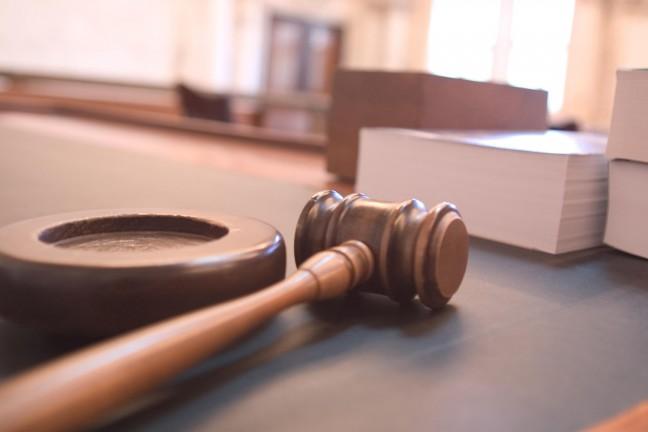Americans rely on the judicial system to correctly convict people who have committed crimes, but that system sometimes makes mistakes.
These mistakes are the focus of the Wisconsin Innocence Project. Founded in 1998 by University of Wisconsin law professors Keith Findley and John Pray, the WIP’s mission is to free innocent people that have been wrongly convicted. So far, 23 people have been freed because of the efforts of the WIP, but reversing convictions is challenging.
“Overturning a conviction is a very difficult thing to do,” WIP Co-Director Keith Findley said. “The system is designed to protect the finality of judgments.”
Cases come to the WIP through requests from the inmates themselves, Findley said. WIP then reviews the cases to see if they meet basic requirements to further investigate the request. After the case passes an initial screening, it’s given to UW law students or volunteer attorneys, who look deeper to see if there are any avenues that have not been looked at before to find innocence.
The WIP has gone through thousands of cases to find evidence of inmates’ innocence. Currently, the WIP has around 60 active files that are being investigated, Findley said.
One successful case is that of Daryl Holloway, a Milwaukee man that spent 24 years in prison for a crime he didn’t commit and was released late September. Findley said the prosecutor in the case found that there had been mistakes made in prior DNA testing. The WIP pursued the case and ultimately found the DNA did not match Holloway’s, thus proving his innocence.
Students that work on cases like Holloway’s get to participate in representing people that have been wrongfully convicted, Findley said. This helps fulfill another one of the WIP’s goals of teaching UW law students about the legal system.
“It was pretty moving for the students when they were able to be there to walk an innocent man out of prison,” Findley said.
Aside from investigating specific cases, the WIP also works with policy makers to raise awareness of the problem of wrongful conviction. Findley said the WIP has helped pass laws that preserve biological evidence so it can be tested later, require law enforcement to record interrogations and make eye witnesses more reliable.
Rep. Gary Hebl, D-Sun Prairie, said another problem for those who are wrongfully convicted is that Wisconsin gives the lowest financial compensation than any other state in the country. For example, Texas compensates those who are wrongly convicted with $80,000 per year of incarceration.
Hebl said a bill last session would have increased compensation for the wrongfully convicted from $5,000 a year with a cap of $25,000 over five years, to $50,000 a year with a cap of $1 million. The state Assembly unanimously passed the bill, but wasn’t taken in the Senate.
The bill will be reintroduced into the Senate and the Assembly as soon as possible in the next term, Hebl said.
“These kind of things are really necessary to that person to get a fresh start and assimilate back into society,” Hebl said.
Hebl said this money is not only important to try to compensate someone from being wrongly convicted, but also for transitional services like health care and financial assistance.
Fighting for a ‘fresh start’: Wrongful conviction compensation bill would seal court records
Hebl and other lawmakers have been working with Findley to help those who have been wrongly convicted. Hebl said it is impossible to fully compensate a person for spending time for a crime they didn’t commit.
Findley said the judicial system is hard to change but the WIP is trying to make the system more receptive to correcting the existing errors within the system. Through the UW Law School and lawmakers, the WIP has been influential in advocating for individuals that have been wrongfully convicted.


















